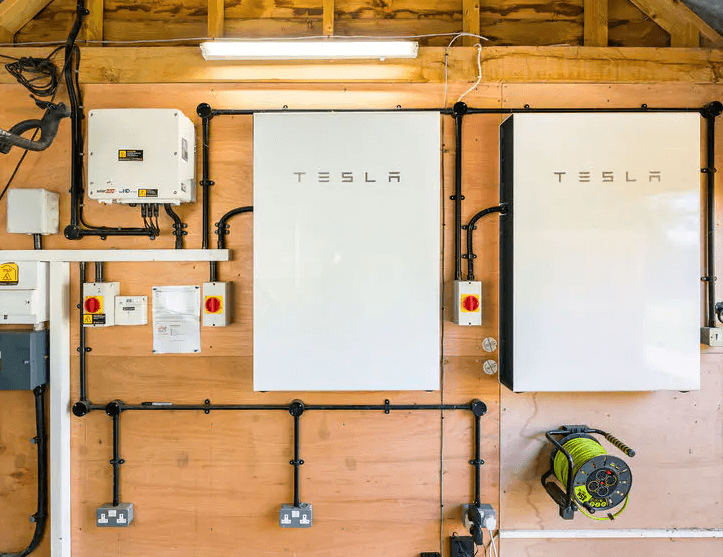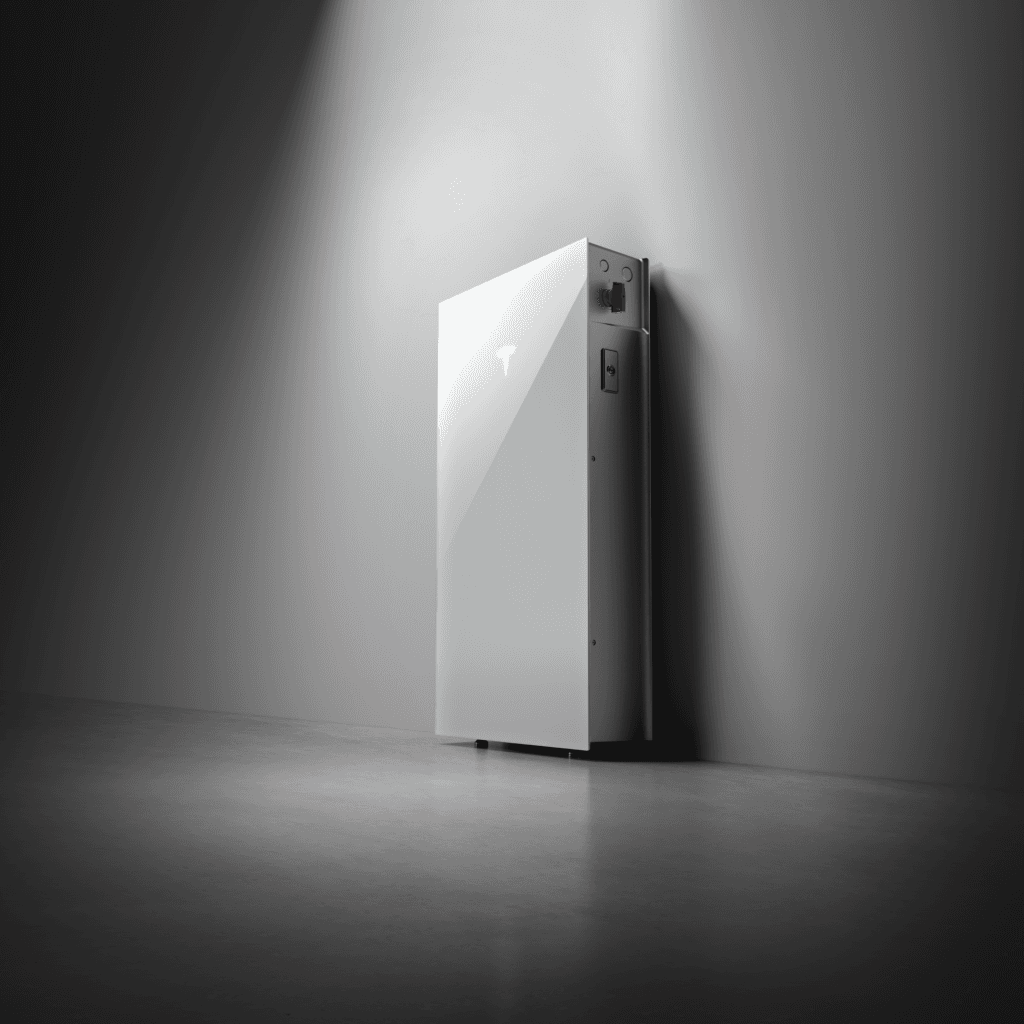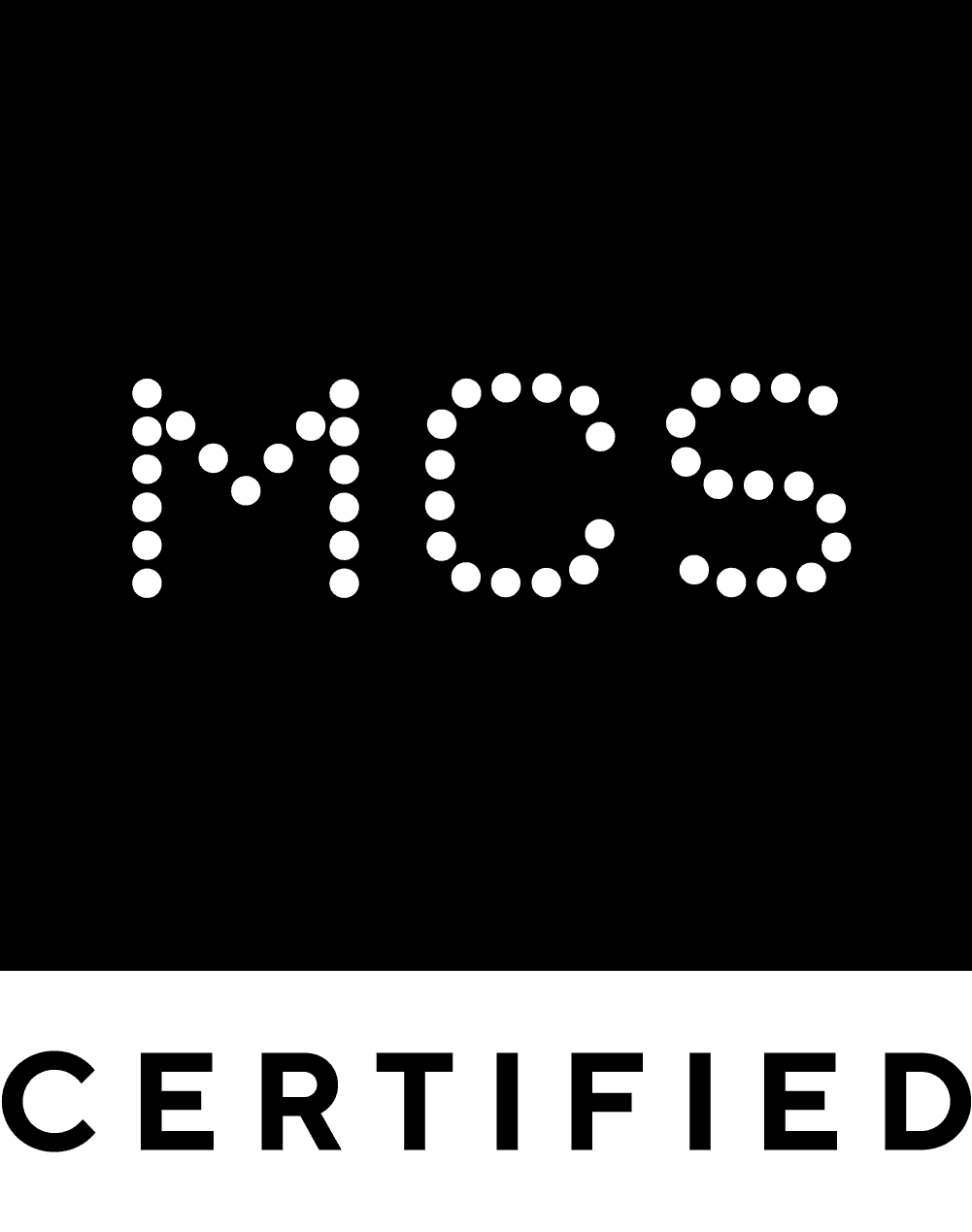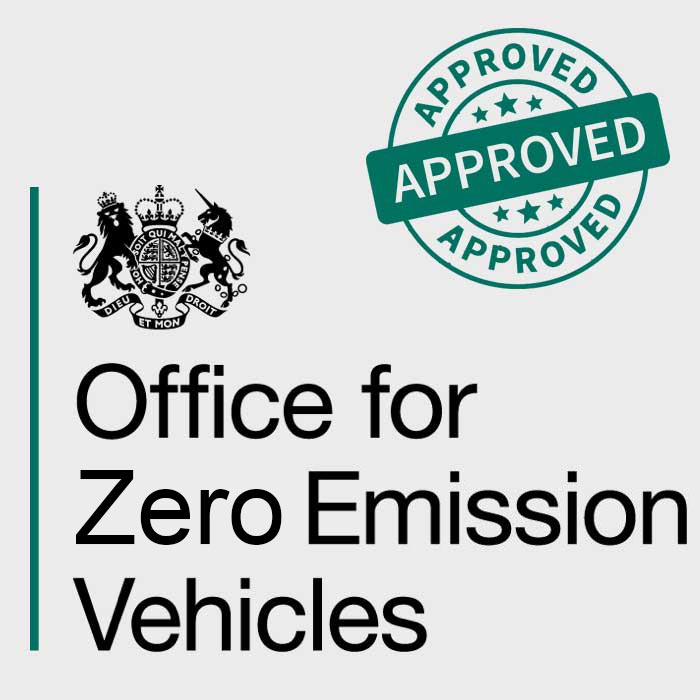Welcome to our new website, we'd love to hear what you think.
Welcome to our new website, we'd love to hear what you think.
How do solar panels work?
Solar panels convert sunlight into electricity using the photovoltaic (PV) effect. PV panels consist of numerous cells (typically 60 to 72 per panel) made of monocrystalline silicon material. When exposed to light, the silicon excites, generating a DC current.
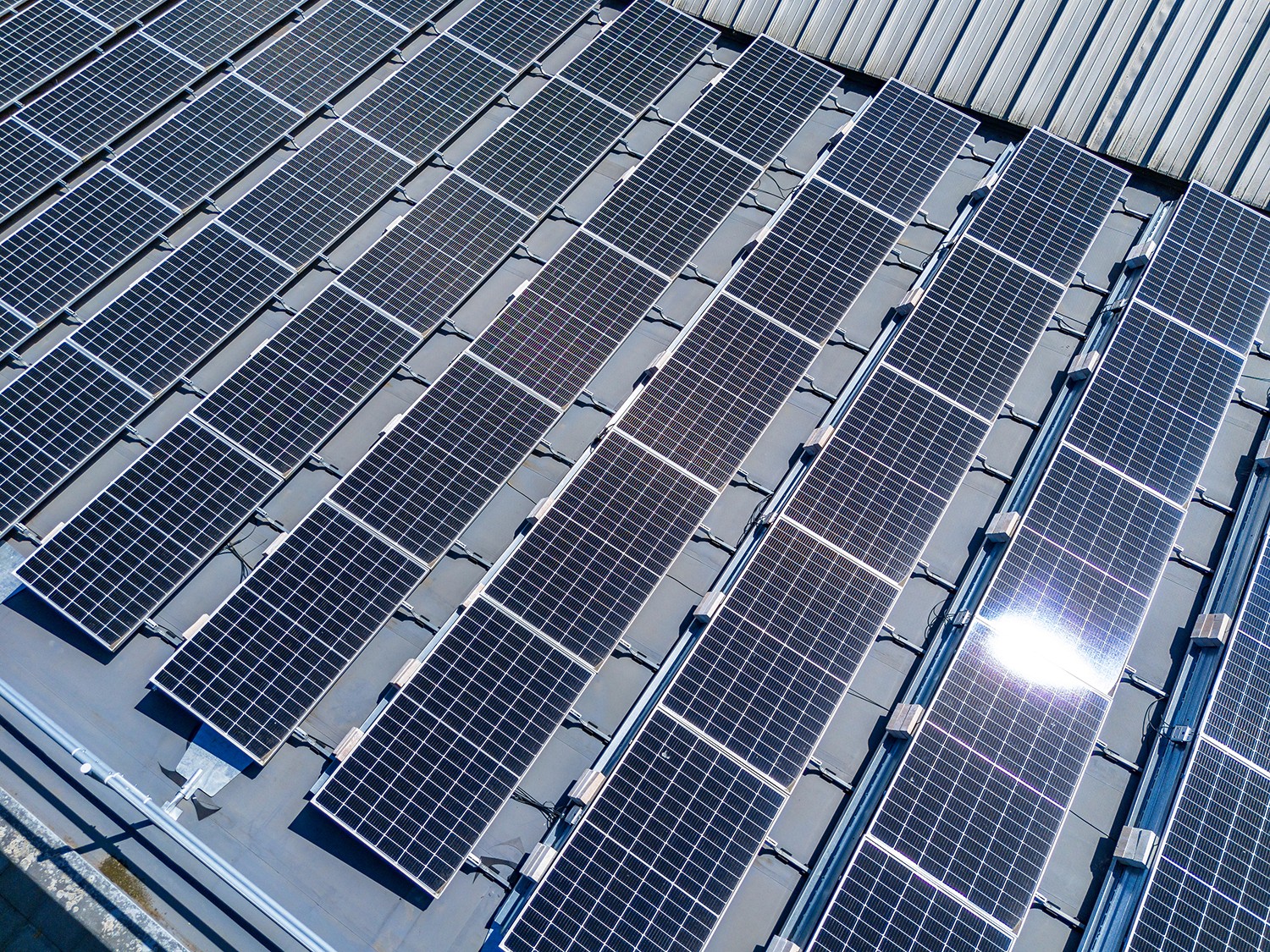


Related Solarpedia posts
Similar to the item you are reading now
Browse other resources
We're consistently demystifying the renewables world for our customers, check out our resources!
Browse other resources
We're consistently demystifying the renewables world for our customers, check out our resources!
Browse other resources
We're consistently demystifying the renewables world for our customers, check out our resources!
Browse other resources
We're consistently demystifying the renewables world for our customers, check out our resources!
Join thousands of customers saving money with Chiltern Solar
Not to mention increasing the value of their property and reducing their carbon footprint
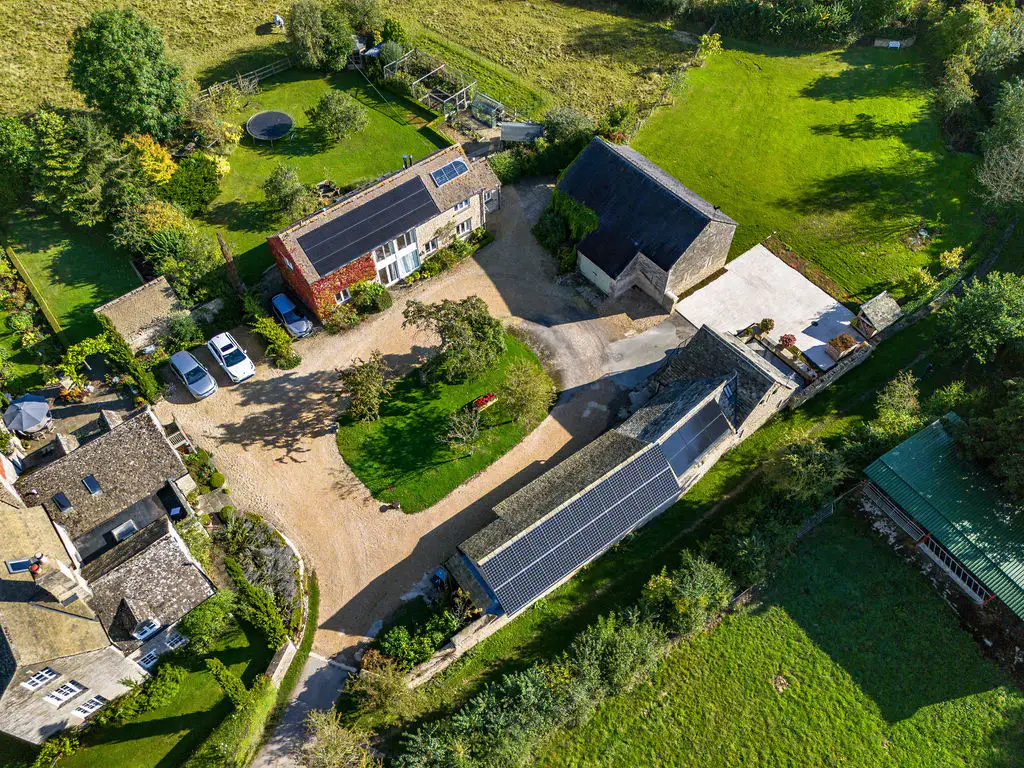
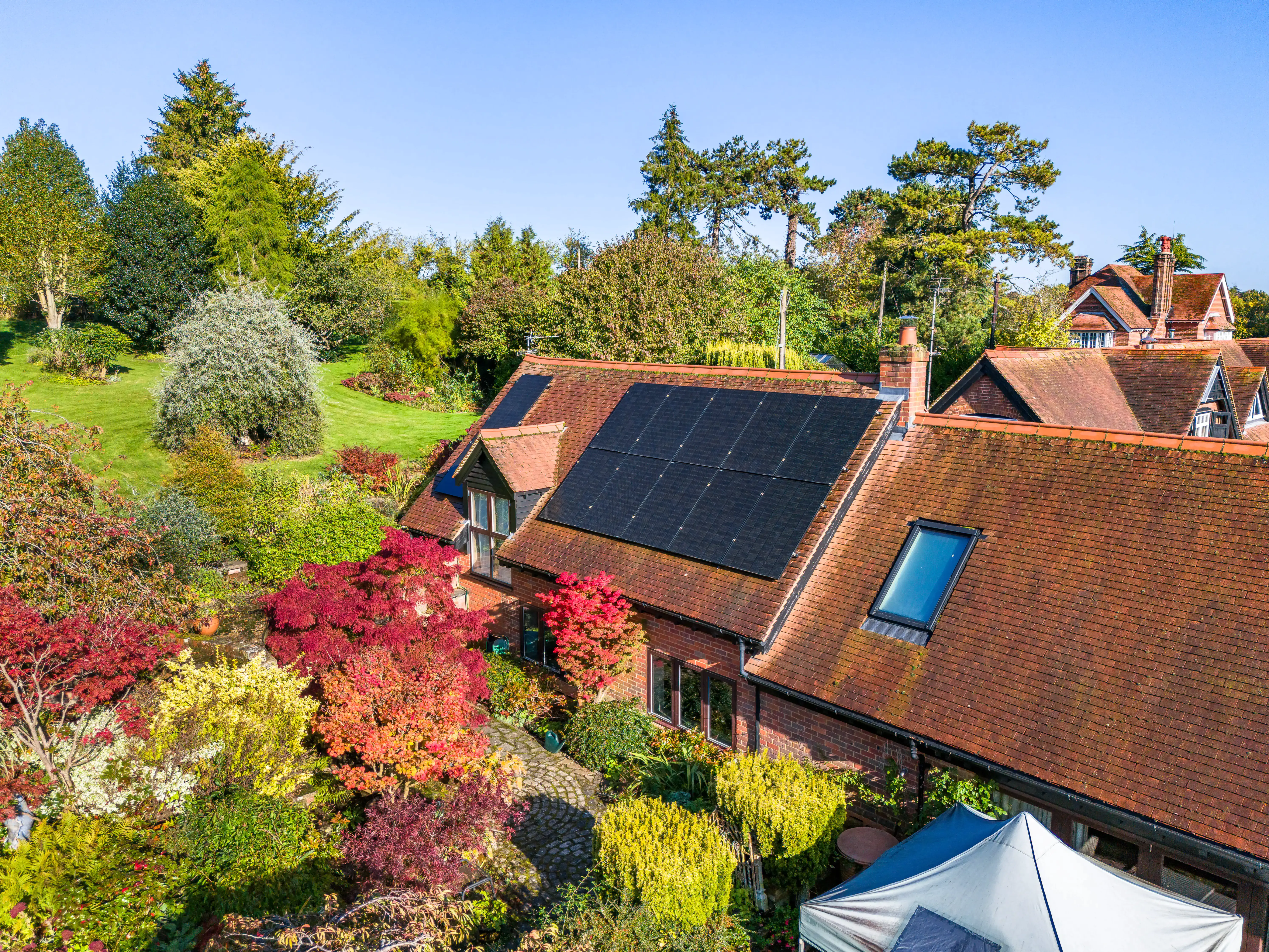
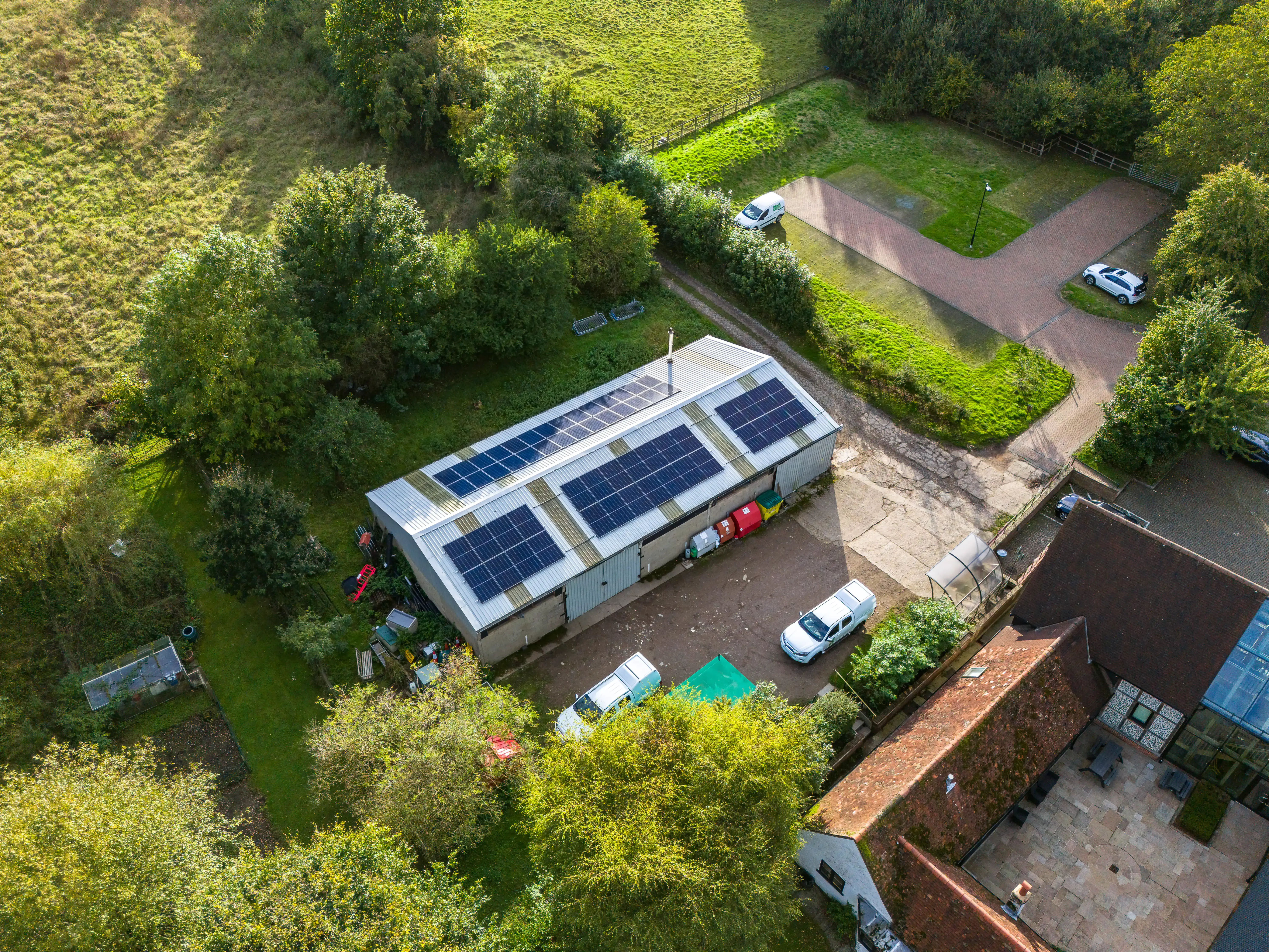
CHILTERN SOLAR LTD
Chiltern Solar is proud to serve customers throughout the Southern UK and the Home Counties.
We install in
Aylesbury
,
Beaconsfield
,
Bedfordshire
,
Berkshire
,
Buckinghamshire
,
Hertfordshire
,
High Wycombe
,
Leighton Buzzard
,
Luton
,
Oxfordshire
,
and many surrounding areas.
Registered in England & Wales (07642657), registered address: Stokenchurch House Oxford Road, Stokenchurch, High Wycombe, England, HP14 3SX
All rights reserved by Chiltern Solar © 2024
Marketing & site by

solaronsteroids.com
Join thousands of customers saving money with Chiltern Solar
Not to mention increasing the value of their property and reducing their carbon footprint

CHILTERN SOLAR LTD
Chiltern Solar is proud to serve customers throughout the Southern UK and the Home Counties.
We install in
Aylesbury
,
Beaconsfield
,
Bedfordshire
,
Berkshire
,
Buckinghamshire
,
Hertfordshire
,
High Wycombe
,
Leighton Buzzard
,
Luton
,
Oxfordshire
,
and many surrounding areas.
Registered in England & Wales (07642657), registered address: Stokenchurch House Oxford Road, Stokenchurch, High Wycombe, England, HP14 3SX
All rights reserved by Chiltern Solar © 2024
Marketing & site by

solaronsteroids.com
Join thousands of customers saving money with Chiltern Solar
Not to mention increasing the value of their property and reducing their carbon footprint



CHILTERN SOLAR LTD
Chiltern Solar is proud to serve customers throughout the Southern UK and the Home Counties.
We install in
Aylesbury
,
Beaconsfield
,
Bedfordshire
,
Berkshire
,
Buckinghamshire
,
Hertfordshire
,
High Wycombe
,
Leighton Buzzard
,
Luton
,
Oxfordshire
,
and many surrounding areas.
Registered in England & Wales (07642657), registered address: Stokenchurch House Oxford Road, Stokenchurch, High Wycombe, England, HP14 3SX
All rights reserved by Chiltern Solar © 2024
Marketing & site by

solaronsteroids.com
Join thousands of customers saving money with Chiltern Solar
Not to mention increasing the value of their property and reducing their carbon footprint



CHILTERN SOLAR LTD
Chiltern Solar is proud to serve customers throughout the Southern UK and the Home Counties.
We install in
Aylesbury
,
Beaconsfield
,
Bedfordshire
,
Berkshire
,
Buckinghamshire
,
Hertfordshire
,
High Wycombe
,
Leighton Buzzard
,
Luton
,
Oxfordshire
,
and many surrounding areas.
Registered in England & Wales (07642657), registered address: Stokenchurch House Oxford Road, Stokenchurch, High Wycombe, England, HP14 3SX
All rights reserved by Chiltern Solar © 2024
Marketing & site by

solaronsteroids.com


